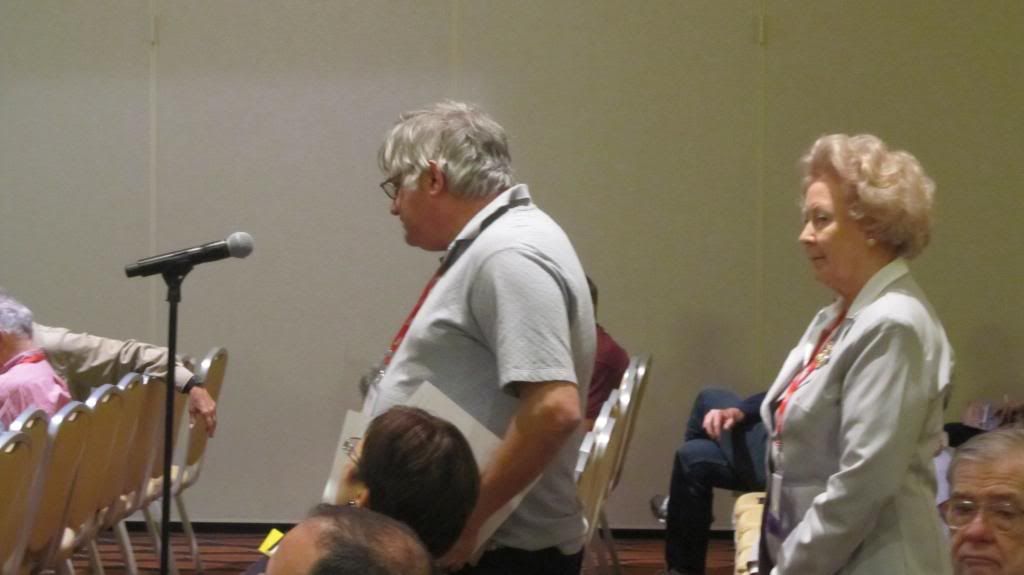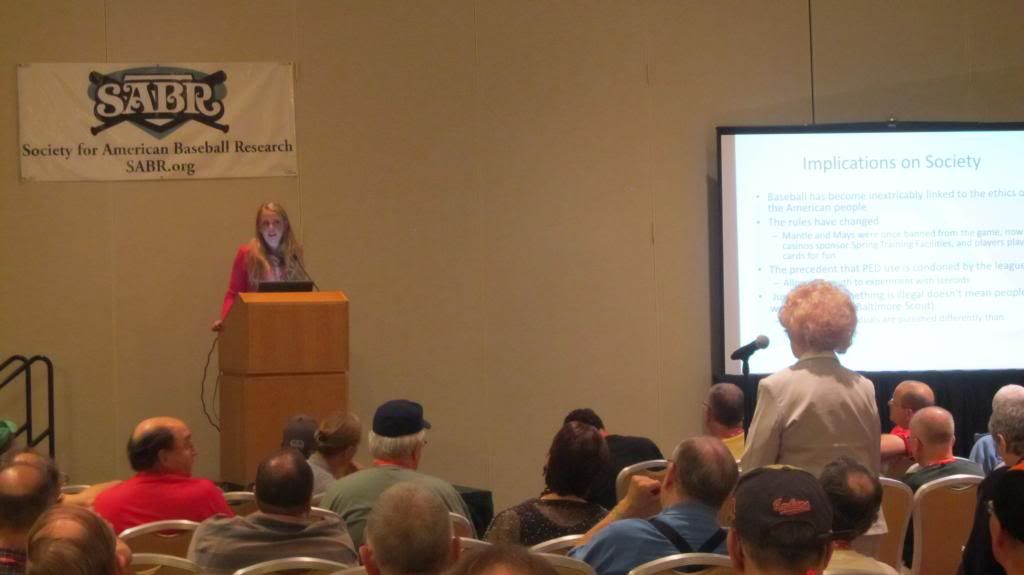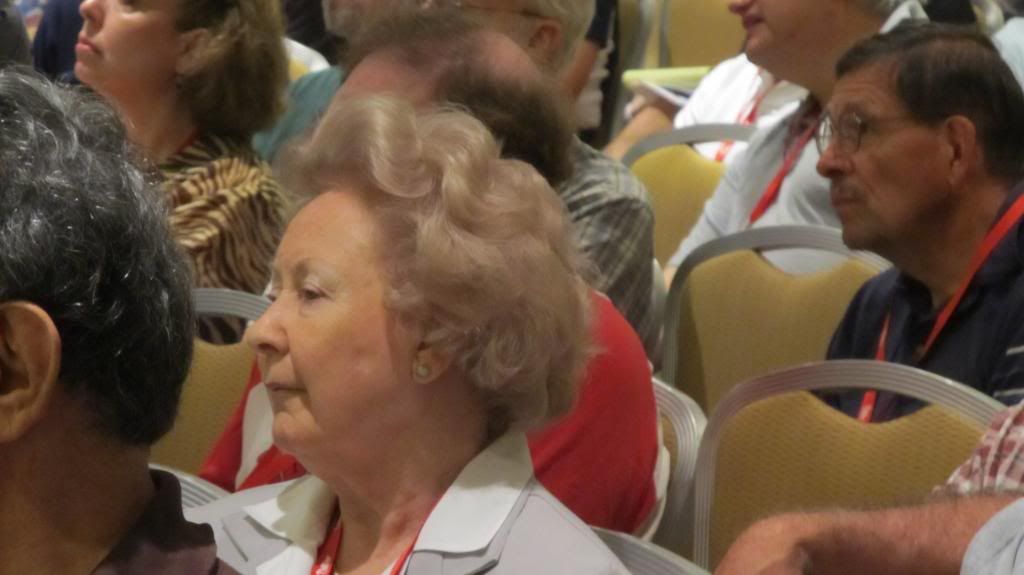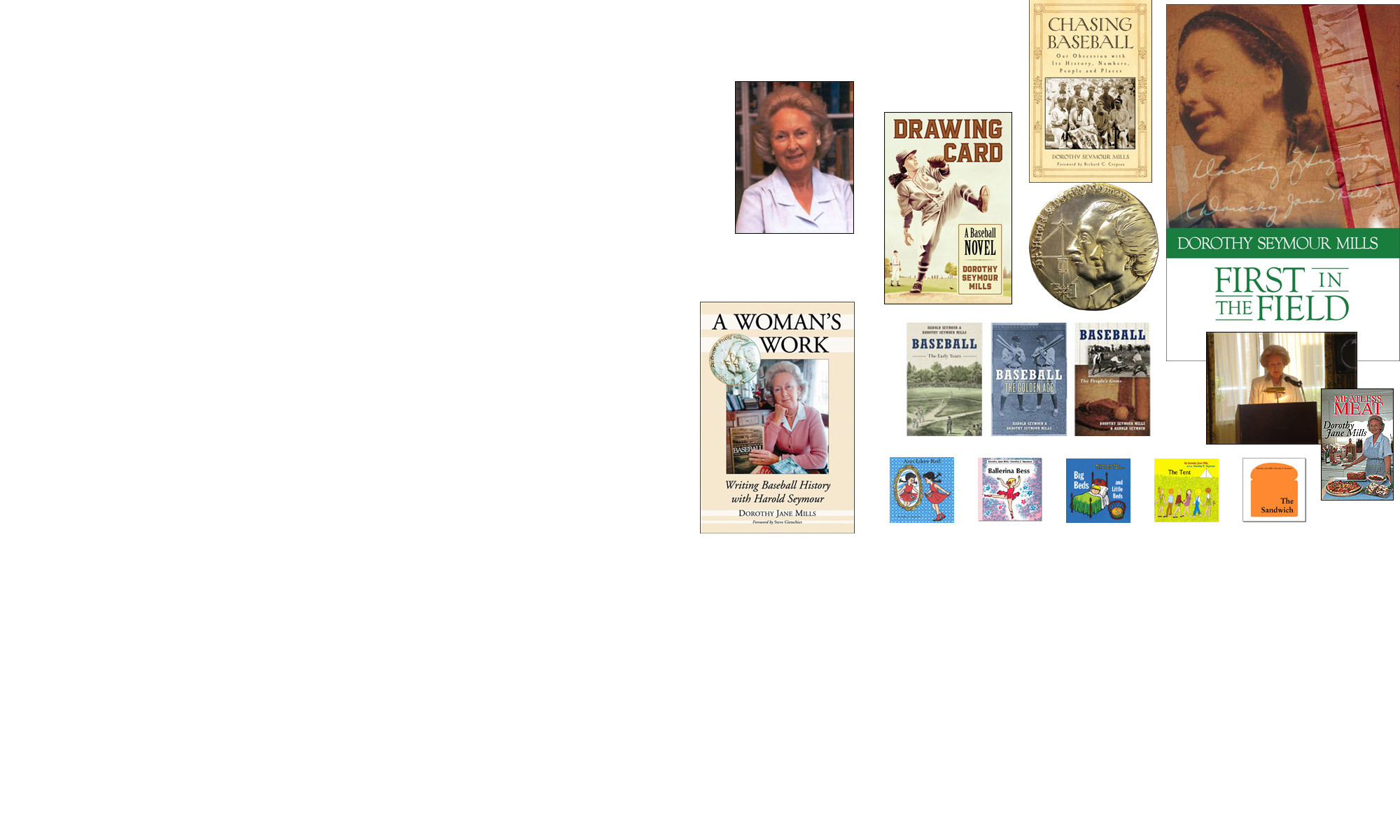It’s always refreshing to discover that a person known to history did normal things as a child. I have just discovered, for example, that Alice Stone Blackwell, a 19th-century Boston activist and the daughter of two famous woman suffragists, played baseball as a teenager.
April 15, 2014
Children are still being taught that baseball history equals the exploits of a few excellent male players.
Feb. 14, 2014
A lot of girls say baseball is their favorite sport. They love playing it. If so, why do girls drop out of baseball?
Continue reading “Feb. 14, 2014”
Feb. 6, 2014
Margaret Fuller of New England was a woman before her time. In 1844 she wrote a book advocating that women be permitted to follow their interests even if those choices led to non-mainstream choices of employment.
Continue reading “Feb. 6, 2014”
Feb. 4, 2014
The history of men is always available. But public records of women’s activities are seldom made. So each generation of women has to find out for itself what happened to women before.
As a rule, women’s history is invisible Continue reading “Feb. 4, 2014”
Nov. 30, 2013
Yes, this is the information age. We hear constantly about the huge amount of data being amassed through the new technologies. Some of us wonder when it’s going to be used to make the world better, or even just taken into consideration when decisions are made. Often, this extensive new information is simply ignored. Continue reading “Nov. 30, 2013”
Nov. 7, 2013
Facts presented in my new four-essay contribution to The National Pastime Museum about women in baseball history surprise readers, especially those who assume that women came late to the National Game and that they never played professionally until the establishment of the women’s league of the 1940s.
Sept. 20, 2013
Last week, after addressing the women of the All American Girls Professional Baseball League at their annual reunion at a historical society in the Chicago area, I found myself impressed all over again with these strong and cheerful women.
They stood straight and spoke to each other (in person, and from the dais) in clear, forceful words, many of them with strong doses of humor. Gathered together, as they are each year, they greeted each other with their baseball nicknames, hugged, remembered the ones who had passed on, and talked about the good times they’d had, all with the most cheerful attitude. They told jokes and stories, took part in silly skits, welcomed visiting players from Australia, laughed at funny pictures of themselves, praised the vintage team members who played a baseball game with some of them, and assented to every request for an autograph or interview.
They seem like extraordinarily healthy people. I decided that either they were robust and energetic before they entered the League, or else being in the League made them so. Or both.
I know for sure that after a half-century, they still remember their experience in the League with great joy, deep pleasure, and much gratitude for the opportunity to play baseball in a league that demanded a high level of competence and where they achieved success and earned appreciation for their skill and efforts. They say it all the time, but they don’t need to, because every movement they make expresses that pleasure.
Since I am their age and undergo the same age-related physical problems they have, I know that nobody in their 80s feels that “together” all the time. But they surely put on a good front. Even when disagreeing with each other about a policy the league might adopt, they remained pleasant and even jocular.
I’ve read a lot of interviews with these women as well as quotations from them in articles and books, and I can say now that, in person, they are just as amazing as they seemed in print.
More power to them! — as if they needed it. I think of them as “the power ladies.”
Aug. 14, 2013
A lot of catalogs arrive in my mailbox every day. That’s because I buy a lot of things through catalogs, or online, since I’m not as mobile as I once was.
In looking through the catalogs I received recently, I realized that something was bothering me about the models, something that seemed unnatural. I finally realized what it was: The models never do anything.
Aug. 11, 2013
I attended the 43rd annual convention of the Society for American Baseball Research from July 31 to Aug. 4 in Philadelphia. Here are some photos from the event, courtesy of SABR:

Dorothy Seymour Mills, right, waits to ask a question during a research presentation at the SABR 43 convention on Saturday, August 3, 2013, in Philadelphia, Pennsylvania.

SABR 43 presenter Coral Marshall, left, listens to a question from baseball historian Dorothy Seymour Mills during Marshall’s research presentation on ethics in baseball at the SABR 43 convention on Saturday, August 3, 2013, in Philadelphia, Pennsylvania.

Baseball historian Dorothy Seymour Mills listens during a panel discussion on baseball scouting at the SABR 43 convention on Saturday, August 3, 2013, in Philadelphia, Pennsylvania.
